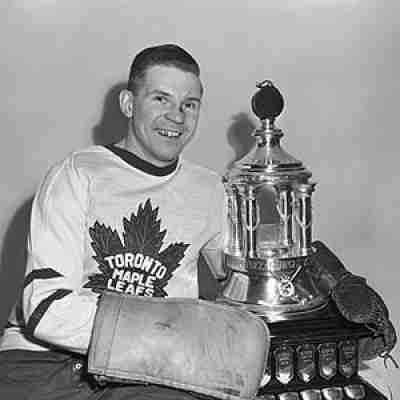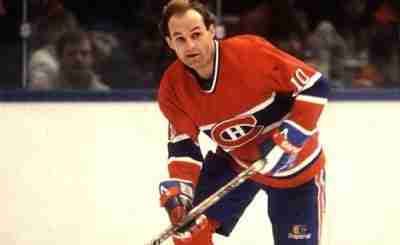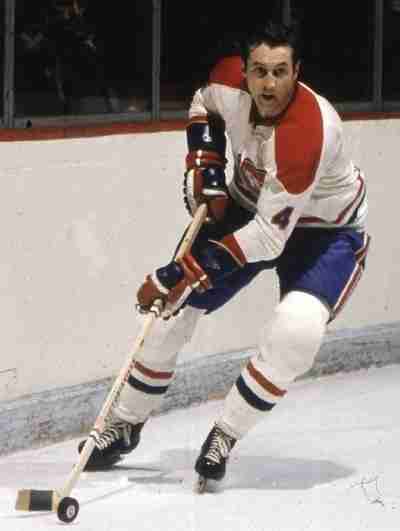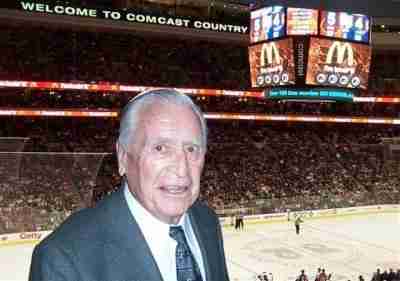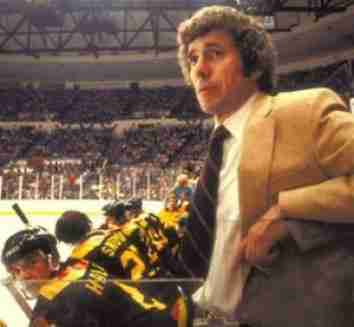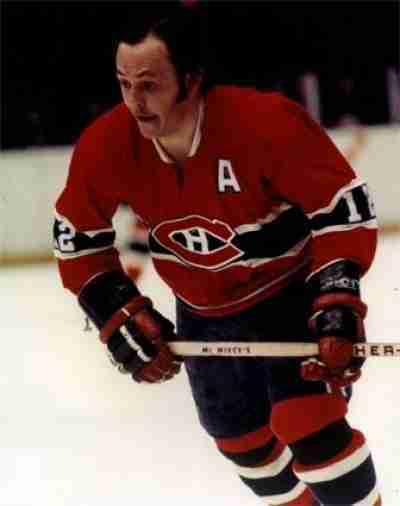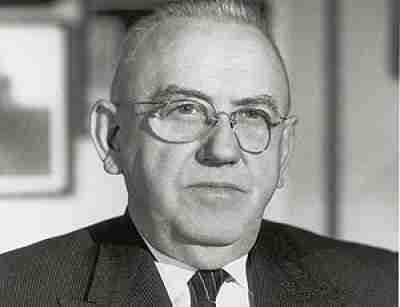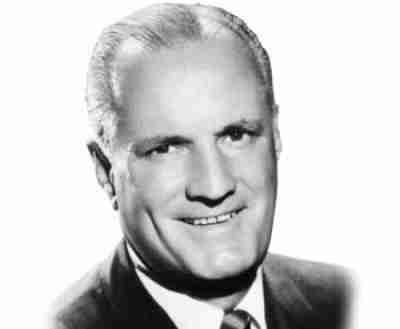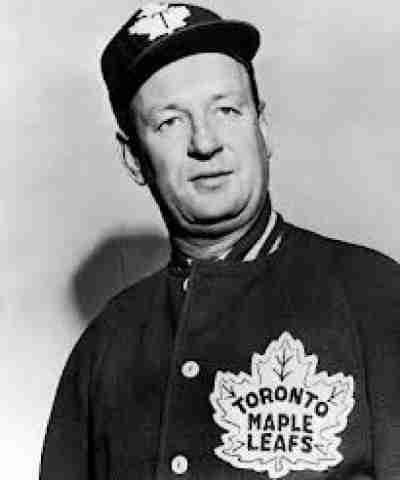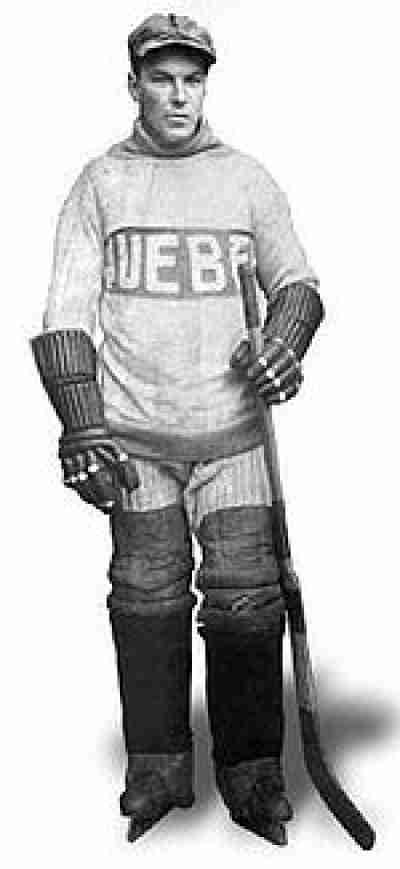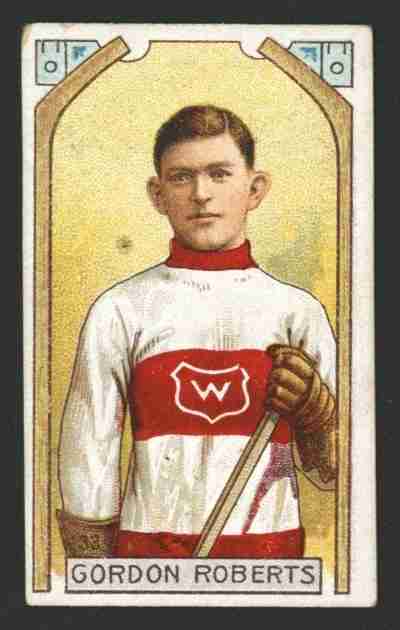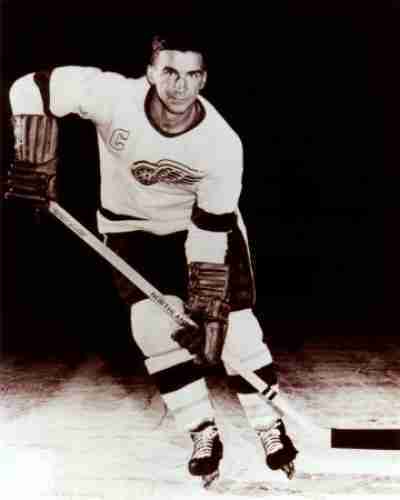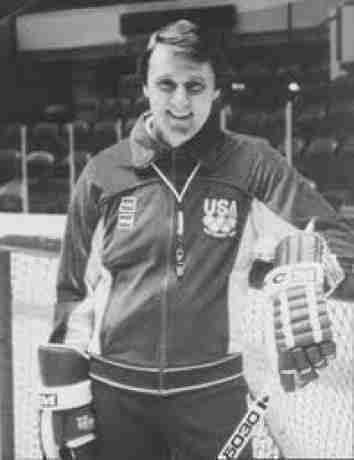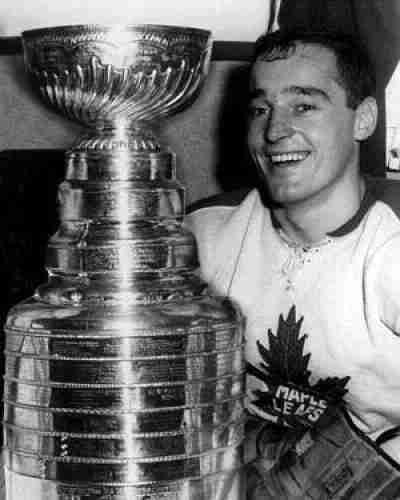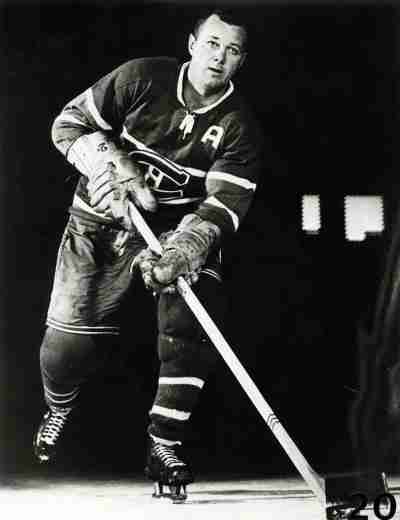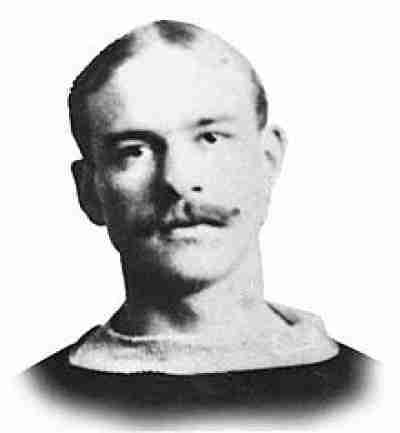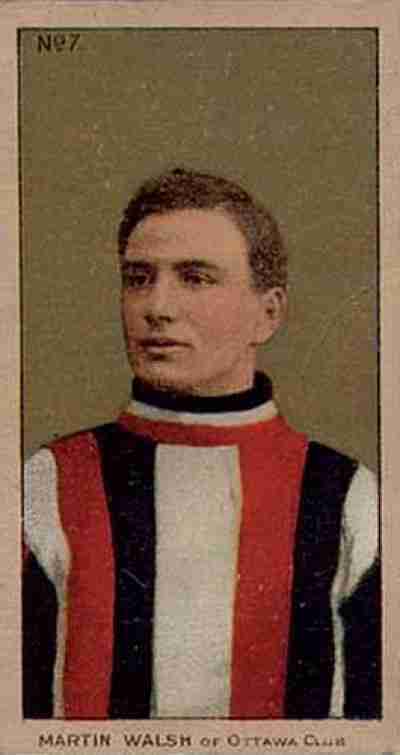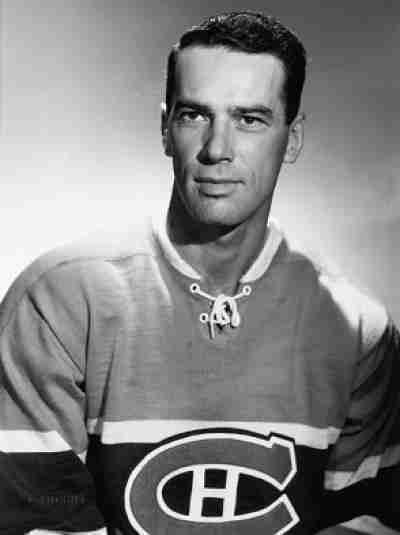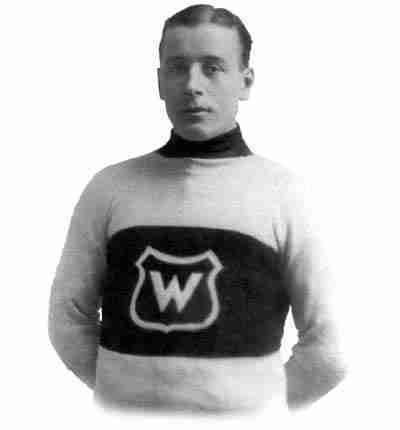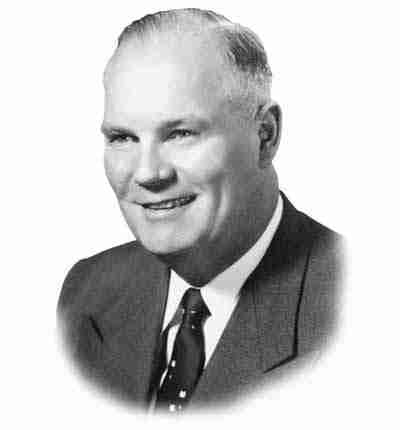Current Hockey Hall of Fame Inductees (383)
Outside of the province of Ontario, how many people are aware of the city of Kingston? Let’s take that a step further. How many outside of Canada know about this place? We will wager that it isn’t a lot, and those that answer that they heard of it, probably are thinking of the version in Jamaica instead. Now had this city on the Northeastern corner of Lake Ontario remained the home of the Hockey Hall of Fame would it have developed a bit of an international flair or enhanced reputation? Maybe it would have been more of a staple of “Canadiana”, as Kingston is the home of the First Canadian Prime Minister, and the unofficial band of Canada, The Tragically Hip. Stands to reason that it would have been a great fit for the unofficial sport of Canada (it is actually lacrosse) and the official passion of the country.With the launch of the Baseball Hall of Fame, the sport of hockey looked to follow suit. Its biggest league, The National Hockey League had a core of seven teams (which was pared down to six in 1942, when the New York Americans suspended operations) was a healthy organization, and though it was only relevant in cold weather climates, it was a sport that already had a long history, and the coveted Stanley Cup; which was then (and still is) the most impressive trophy in the entire sporting world.
The biggest proponent of an institution recognizing hockey excellence was a Canadian named James T. Sutherland. Born in 1870 (in Kingston naturally), Sutherland played as much hockey as he could and was a member of the Athletic Club of Kingston which was part of what was believed to be the first organized league the sport had. He would later form the Kingston Frontenacs, who would participate in the Ontario Hockey Association and would eventually become the Leagues president. Captain Sutherland (a rank he would achieve serving for Canada in World War I) would create the Memorial Cup; a trophy honoring those who fought in the Great War and to be given to the top Junior team in Canada. Incidentally, this is still the same trophy given to the team that wins the post season tournament in the Juniors in Canada.
Once the National Hockey League and the Canadian Amateur Hockey Association agreed to mutually put together a Hall, Sutherland (who had also served as the President of the CAHA) fought for Kingston to be its home. It was not just because he was a native of the city, but because he legitimately believed that Kingston was the rightful birth of modern hockey (which is near impossible to prove). Regardless of where hockey began, Kingston was to be pegged as its home.
Although construction had yet to begin on the facility, the first class was selected in 1945 which inducted nine players. It also had a “Builders” category which honored those who helped develop the game. As we look at those who are inducted to this institution, we will do so chronologically. Let’s take a ride on Hockey’s highway shall we?
There are a lot of interesting facts about Harry Lumley’s NHL career. He played for five of the Original Six teams (albeit only for one game for the Rangers), and debuted at the age of seventeen. He had an up and down career and won only one more game than he lost. He had the most wins in a season twice, but three times was…
The offensive leader of the Montreal Canadians, Guy Lafleur was the dominant Right Wing in the NHL for the last half of the 1970’s. Not only did “The Flower” win five Stanley Cups, but he won the Art Ross Trophy three years in a row, twice capturing the Hart Trophy. From 1975 to 1980, Lafleur was named to the First Team All Star team at…
One of the finest players of all time, the Montreal Canadians was fortunate to have Jean Beliveau for his entire professional career. Beliveau was a vital part of ten Stanley Cup wins, and just seemed to excel in all facets of the game. “Le Gros Bill” retired with two Hart Trophies, and as the leading scorer in NHL playoff history.
Granted, Keith Allen won a Stanley Cup Ring as a player with the Detroit Red Wings in 1954, but that was more for being at the right place at the right time, as the Defenceman only played 28 career games in the NHL and never got a goal. However, as often the case with career minor leaguers, they make outstanding coaches. Allen would become a…
Roger Neilson never won the Stanley Cup, nor was he ever named the Jack Adams Trophy winner for NHL Coach of the Year. Actually, Neilson bounced around as the bench boss for several National Hockey League teams during his career. It would appear on the surface that his induction is not exactly warranted, and the sympathy that he got throughout Hockey fans for his courageous…
Dubbed the “Roadrunner” for his small frame and blazing speed, Yvan Cournoyer played his entire career with the Montreal Canadians and won a whopping eight Stanley Cups. Cournoyer was not just a participant in those excellent Habs teams but was one of its stars.
As the Assistant General Manager to Conn Smythe for the Toronto Maple Leafs, Frank J. Selke carved an instant reputation as executive genius in hockey. Considered more than capable of running the Leafs in Smythe’s absence (he went to serve in World War II) Selke ran the organization but a trade for Ted Kennedy (that Selke was not consulted on) served as the catalyst for Smythe…
Tommy Ivan may not have made it to the NHL as a player (a serious cheekbone injury as an amateur player derailed that) but through a series of circumstances he found himself as the Head Coach of the Detroit Red Wings. He inherited a team with young talent on the rise and honed their skills to where they won three Stanley Cups in the early 1950’s.…
After working his way up the ladder with the Quebec Aces (from player to manager to owner), Punch Imlach would become the Assistant General Manager with the Toronto Maple Leafs. As impressive as that title sounds, it was a position that was basically one of a committee, as the Leafs had no General Manager.
The first few seasons of Paddy Moran may not have been the most productive, but as his career progressed, Moran became known as a clutch goaltender and he backstopped the Quebec Bulldogs to two Stanley Cups in 1912 & 1913. Generally though, Moran was not on a lot of winning squads and it was his clutch performances in big games that got him enshrined. A similar…
A proficient goal scorer in the 1910’s, Gordon Roberts was one of the first players who could curve a shot. Roberts was well over a goal per game producer in his era and was a First Team All Star once in the PCHL while playing with the Vancouver Millionaires. The criticism here is that there were many goal per game scorers at this time, and Roberts…
Unarguably the best Left Wing of the 1950’s, Ted Lindsay was admitted right away to the Hockey Hall of Fame without having to wait the mandatory three year period after retirement. (Though, it should be noted that Lindsay retired once in 1960 and could have gone in before he returned in ’64) “Terrible” Ted was considered one of the toughest players in the NHL and spent…
The architect of the “Miracle on Ice”, Herb Brooks assembled and coached the United States to the impossible: a Gold Medal in the 1980 Winter Olympics which included a semi-final victory over the most powerful International Team in Hockey, The Soviet Union. That alone is worth enshrinement to the Hockey Hall of Fame, but Brooks did have a decent run as the Head Coach of…
“The Big M”, Frank Mahovlich had a very productive career, though the way he was constantly booed by the Toronto Maple Leafs (while he played for them), you would never have known it.
The unquestioned top Defenceman in his era (so why didn’t he get fast tracked to the Hall of Fame like others around this time? We’ll get to that in a bit) Doug Harvey won seven Norris Trophies to testify to that fact. His brilliant offensive rushes were equally matched by his defensive prowess and desire to stop offensive attackers at any cost. Harvey was the top…
The captain of the first real dynasty in organized hockey, Mike Grant led his Montreal Victorias a multitude of Stanley Cup victories. A defenceman with very good offensive skills, Grant was also a great ambassador for the game as he organized exhibition games in the United States spreading the sport there. Grant remains the youngest captain to ever hoist the Stanley Cup.
One of the few stars of the early Ottawa Senators, not to be born in Ottawa (he was from Kingston) Marty Walsh was a very good goal scorer for the team from the Capital City. Walsh may not have gotten as much attention as some of his teammates, but he was certainly a productive player on those championship teams.
A star Left Wing with the Montreal Canadians, Bert Olmstead did not always receive a lot of the same accolades that his star teammates did, but within the locker room, his worth was well known. Olmstead was not necessarily a good goal scorer, but we was a brilliant passer (he led the NHL in assists twice) and was a very good checker and his tenacious…
A very good Left Winger, Jimmy Gardner won four Stanley Cups with two different Montreal teams. Gardner was one of those players who may have been good but was he the man who helped propel his squads to multiple championships? It may have been more of being at the right place at the right time.
A decent amateur hockey player in his own right (he was an Allen Cup Finalist in 1921) Charles Hay entered the Hockey Hall of Fame as an honored builder. Hay helped to form Hockey Canada; which helped coordinate the best minds of hockey to help grow the Canadian team internationally. Hay would also help with the rough negotiations with the Soviet Union’s Hockey organization that brought…


